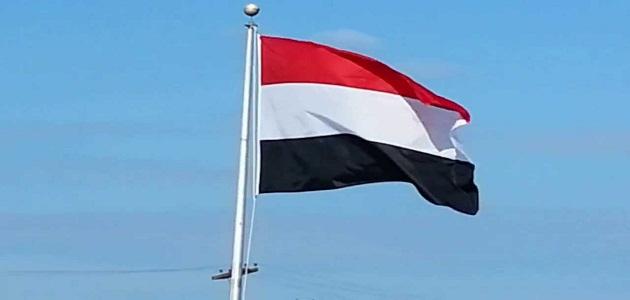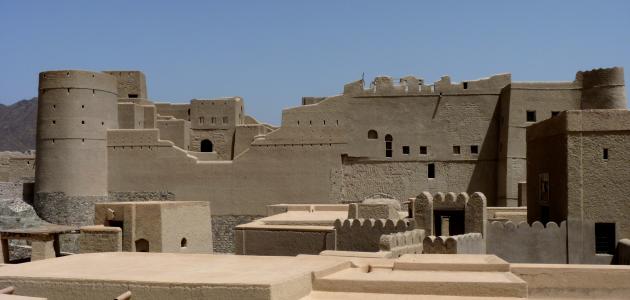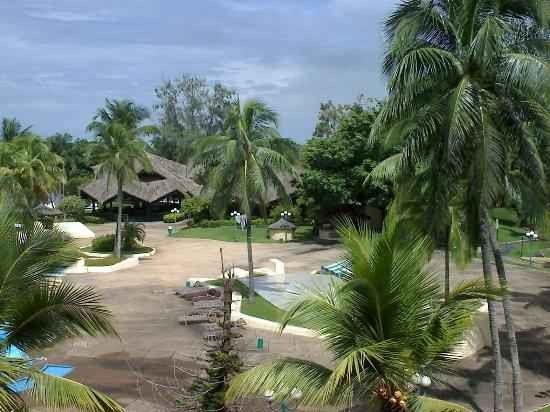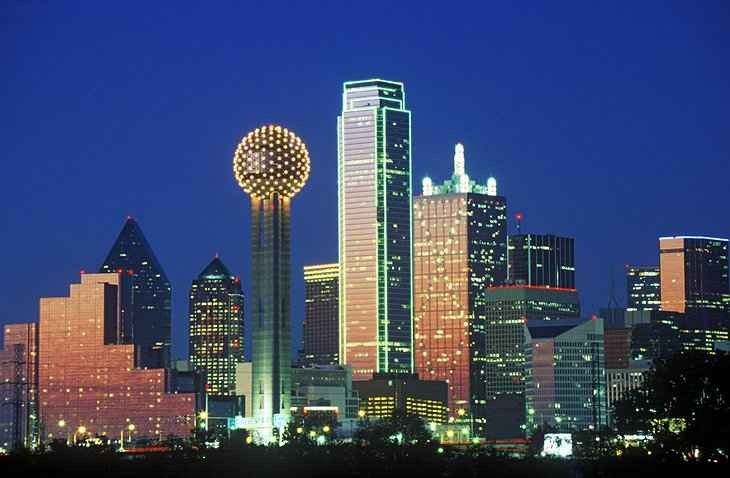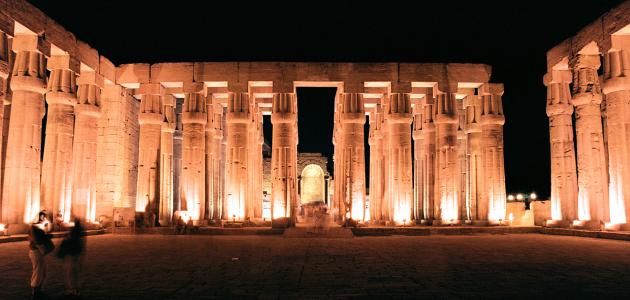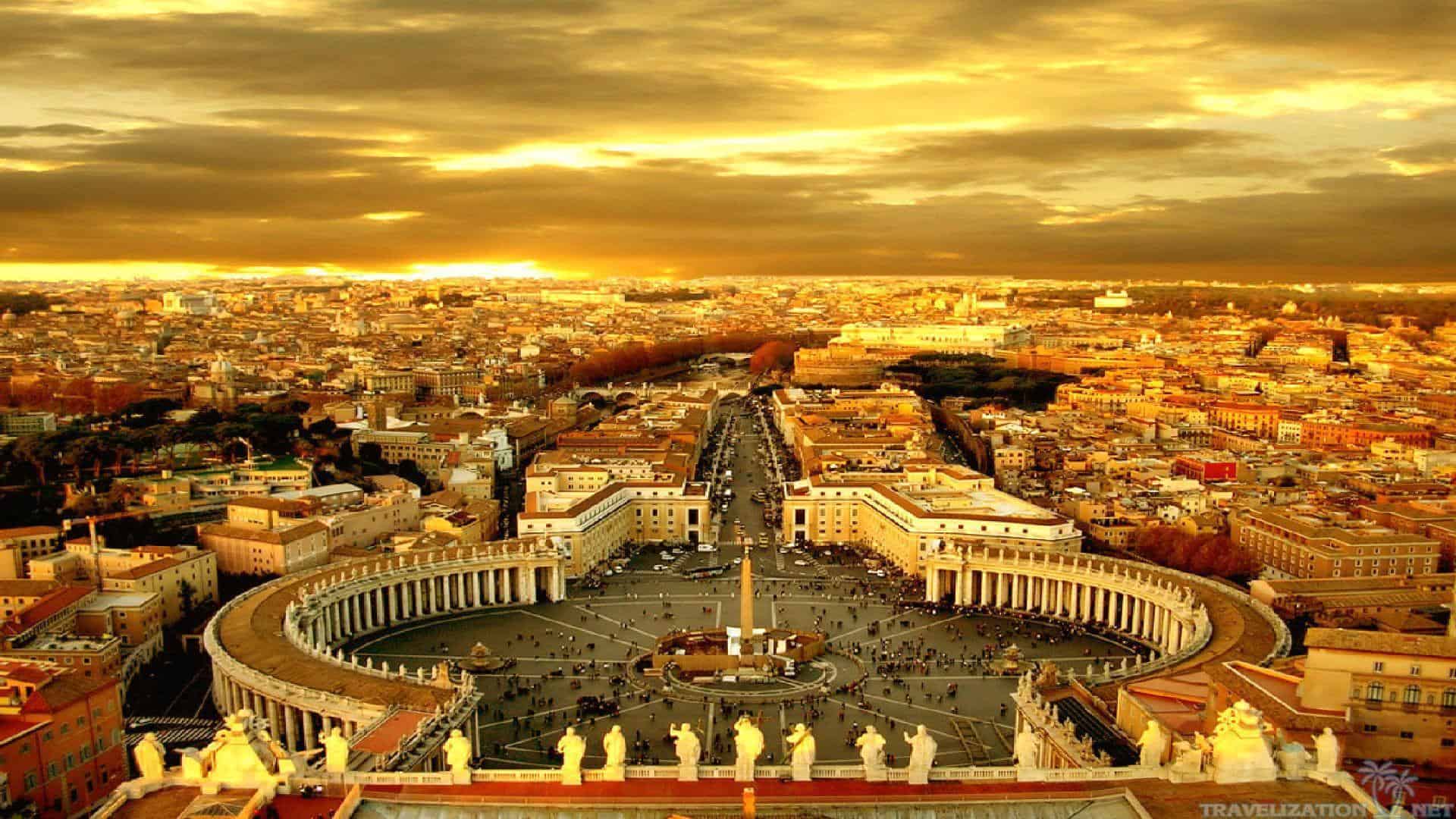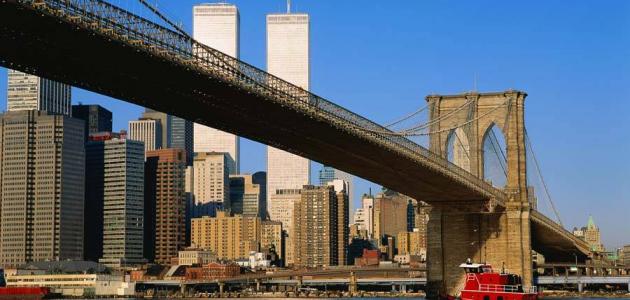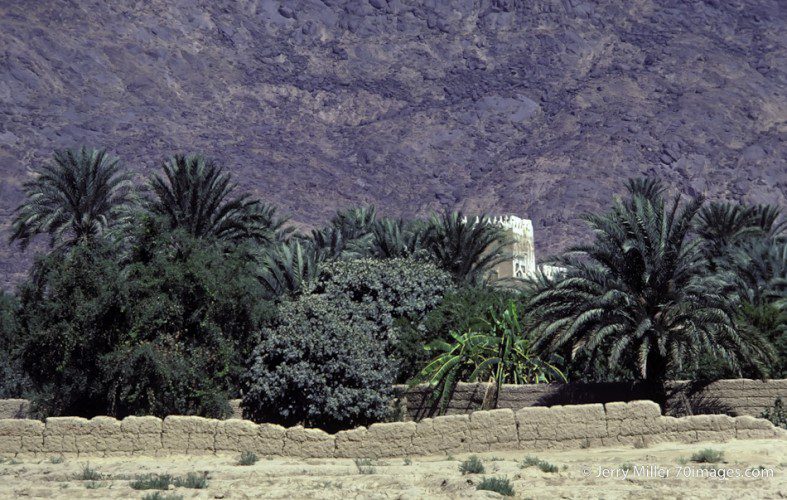Table of Contents
Male is the capital of the Maldives
The city of Malé (Malé) is the capital of the Maldives, located on the southern edge of northern Malé Atoll, which is a densely populated city, with a population of about 133,412 people, where more than a quarter of the population of the Maldives is concentrated, and an area of 2.2 square miles And Male City is famous for its colorful buildings and mosques. It also contains the Islamic Center, which is characterized by its golden dome, its library, and its mosque, in addition to the famous fish market located near the city’s port.
Male City
Male city is located about 645 km southwest of Sri Lanka, and since it is the government headquarters of the Maldives, it is the commercial and tourist center of the country, where there is a government hospital, government courts, public and private schools that depend on teaching it on the English language, and a vocational training school focusing on engineering The city of Male is famous for producing fish, such as: bonito, tuna, fruit of bread, coconut, and palm woven mats, as for the means of transportation in them, transport between them and Sri Lanka, and India by ships, and flights at Mali International Airport, for domestic and international trips, as well as It houses the National Chamber of Commerce and Industry of the Maldives, the Maldives Merchants Society, several sports clubs, and an Islamic religious organization.
Male history
The city of Malé was the island that contained the King’s Palace, and it was the main place to rule over the ancient royal dynasties, famous for its distinctive design, which made it the walled city with fortifications and gates used to surround the city, and after the abolition of the monarchy in 1968 AD, the royal palace and fortresses were destroyed, However, the Friday Mosque remained the same, after which the city was reconfigured during the regime of President Ibrahim Nasser, and the political history of Male City shows that it was the central point of important events and political protests.

